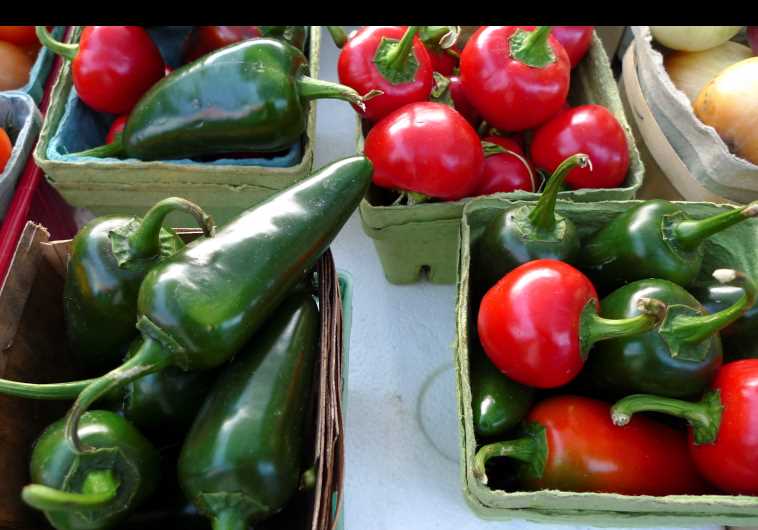Government launches NIS 100m. fund to help Arava farmers diversify away from peppers
Under the program, farmer who agree to convert their pepper growing areas into spaces to develop other crops are eligible to receive grants.
 (photo credit: ING IMAGE/ASAP)
(photo credit: ING IMAGE/ASAP)